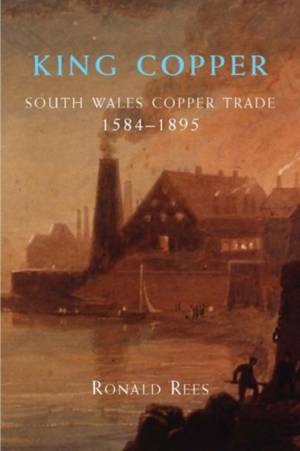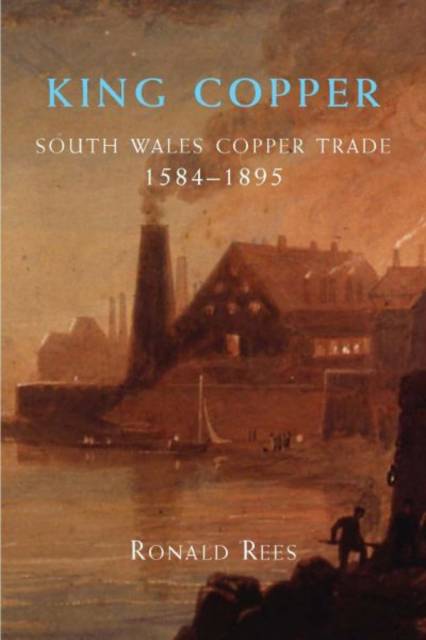
- Retrait gratuit dans votre magasin Club
- 7.000.000 titres dans notre catalogue
- Payer en toute sécurité
- Toujours un magasin près de chez vous
- Retrait gratuit dans votre magasin Club
- 7.000.000 titres dans notre catalogue
- Payer en toute sécurité
- Toujours un magasin près de chez vous
27,95 €
+ 55 points
Format
Description
For the whole of the eighteenth century and much of the nineteenth, a belt of coastal smelters--using local coals and ores from Cornwall, Cuba, and Chile--produced virtually all of Britain's copper, and much of the world's. Copper brought considerable wealth to Swansea, the center of the industry, and to several neighboring towns. But there was a price for the prosperity. The billowing clouds of toxic, foul-smelling smoke that copper production also produced ruined crops and killed livestock, setting farmers against townsmen and the Welsh-speaking Cymry Cymraeg against their Anglo-Welsh cousins. King Copper is the first history to document the social and environmental impact of the copper industry in south Wales during this period.
Spécifications
Parties prenantes
- Auteur(s) :
- Editeur:
Contenu
- Nombre de pages :
- 179
- Langue:
- Anglais
Caractéristiques
- EAN:
- 9780708324912
- Date de parution :
- 15-04-12
- Format:
- Livre broché
- Format numérique:
- Trade paperback (VS)
- Dimensions :
- 155 mm x 231 mm
- Poids :
- 340 g







